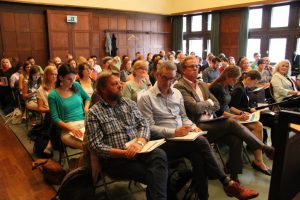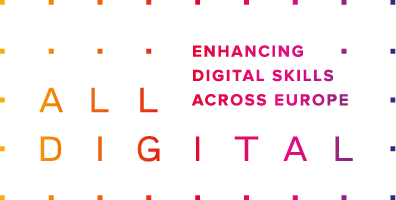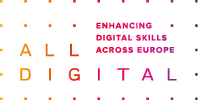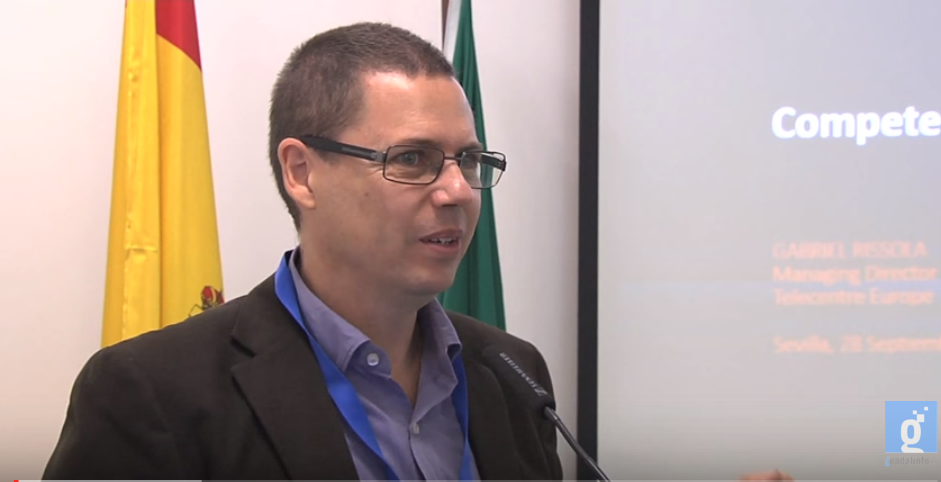03 Aug How to validate digital competences acquired outside formal education?
03 Aug, 2015
by Gabriela Ruseva
There are hundreds of thousands of ICT centres, libraries and NGOs where people can learn digital skills. Many get interested in ICT and go on to follow a university course. For others, their new digital skills help them find a job. But are the skills acquired through these types of training formally recognized? Do they count for employers and universities and how do people prove them? With a university diploma, we can prove our skills. But what happens when we learn at a non-formal training centre or through volunteering?

What does validation mean?
EC representative Koen Nomden (Skills Unit) spoke about EU initiatives, namely the Council Recommendations on validation of non-formal learning outcomes. The Recommendations ask Member States to set national validation frameworks for non-formal learning before 2018. The main objective of validation is to “enable individuals to obtain qualification on the basis of validating their experience”. There are four steps in validation: identification, documentation, assessment and certification.
Where are digital skills in all that?
Digital skills, such as language skills, are considered horizontal skills. They do not lead to a specific qualification and occupation. Therefore, they are not validated against the European Qualifications Framework (EQF) through the same formal procedure applied for example for a chef who has cooking skills and who can get his skills tested and receive a formal diploma without going to a professional school.
For digital skills and language skills the EU has developed self-assessment tools, that everyone can use to document their skills. There are two reference frameworks for digital skills – the European Digital Competence Framework DIGCOMP (for users) and the e-Competence framework e-CF (for ICT professionals). Telecentre Europe argues that both frameworks can be related to EQF with DIGCOMP validating skills until level 5 and e-CF between levels 6-8.
As a formal member of EUCIS-LLL since June this year, Telecentre Europe has also become a member of their Validation task force, where issues like this are discussed with other pan-European networks and policy recommendations are channeled to the European Commission.
The GR-EAT project
An interesting project presented during the debate was the GR-EAT Project where partners conducted a survey among employers on competences, acquired by young people through volunteering, they recognise. Digital competences were among the last seen by employers as a consequence of volunteering, way below intercultural skills for example. This is an interesting phenomenon because apparently employers do not realise (yet) that digital skills can be acquired through volunteering: they still see them as more specialised skills that need to be studied formally. On the contrary, Telecentre Europe has many examples of young people volunteering to teach older people or younger kids ICT and thus improving their own ICT skills.
Conclusions and EC future plans

- The Recommendation on the European Qualification Framework (EQF) will be updated soon. Telecentre Europe will follow the process and advocate to link formal validation with the recognition of digital skills and refer DIGCOMP
- The EU tools for documenting skills will be modernised and a digital skills portfolio will become part of the EUROPASS documents
- The EU skills agenda, to be developed early 2016, will be linked to migration as the validation of skills of third country nationals and will become increasingly important.
For more information on the debate, see EUCIS-LLL report.








